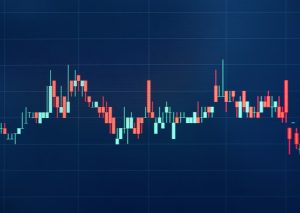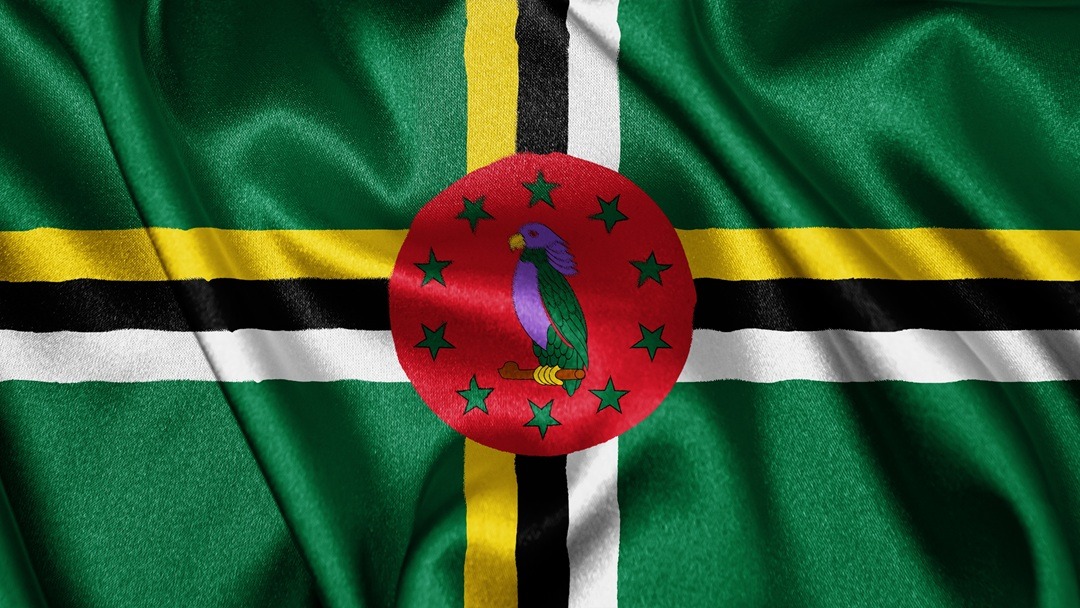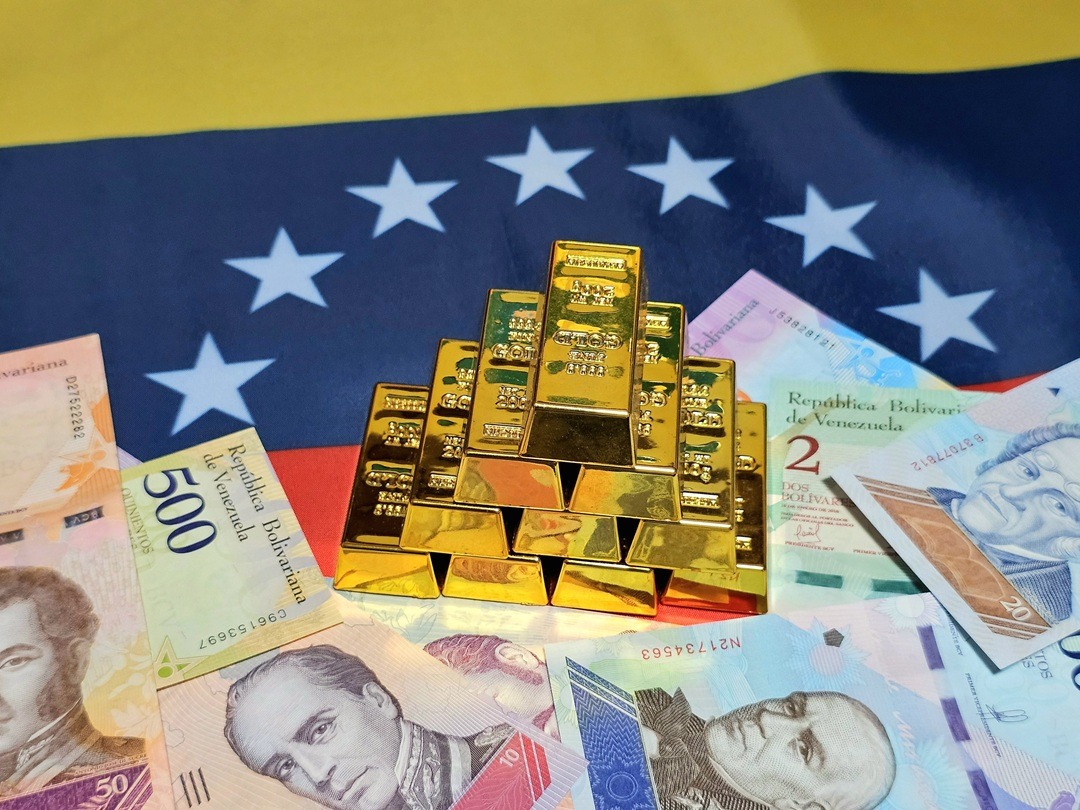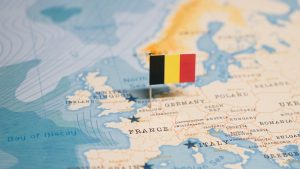What Is a Forex Trading Account and How Do You Open One?14 min read
Reading Time: 6 minutesThe forex trading market also known as forex handles more than $6.6 trillion in daily trades.
The forex market boasts impressive reach yet many people still ask what forex trading means and how to establish a trading account.
Don’t wonder anymore because we are going to explain everything you need to know about forex trading accounts and how to open one!
The fundamental activity of forex trading consists of exchanging various world currencies through buying and selling transactions. The forex market operates as a decentralized global platform which provides constant trading opportunities throughout the year except on weekends so traders worldwide can earn profits from currency value changes.
An intermediary is necessary for forex trading which means you can’t just walk into an exchange with cash to start trading. And that intermediary is a forex broker.
Forex brokers including The Kingdom Bank offer trading platforms and leverage so individual traders can access currency markets dominated by large institutions.
To begin forex trading you simply need to set up a trading account with a trusted broker which will serve as your entry point to forex trading. Opening a forex trading account requires a minimum deposit which typically ranges between $100 and $500.
Once you’ve opened a trading account with a broker you can begin executing trades on major currency pairs through both your computer and phone.
Having grasped the basics we can now explain the step-by-step process to open your forex trading account.

How Can Beginners Start Forex Trading?
Here is what you need to do when you open your first forex trading account.
- Choose a broker. The Kingdom Bank and other reputable brokers serve as trusted options for forex traders. Research both the regulatory status and client reviews before proceeding.
- Complete the application. The application requires your name along with your address and birth date. Identity verification may be required.
- Deposit funds. The majority of brokers permit investors to open micro accounts with an initial deposit of $100. The deposit funds serve as the margin and provide security for trading transactions.
- Select an account type. Choose from regular accounts, Islamic accounts or ECN accounts or other alternatives that fit your specific needs and objectives.
- Download a platform. MetaTrader 4 stands out as an intuitive yet powerful tool for technical analysis among popular trading platforms.
- Start trading! Real-time trading of currency pairs is now available while market conditions shift.
We advocate for absolute beginners to begin by practicing order placement on a demo account that eliminates any financial risk.
Before trading live you should learn forex fundamentals from free online resources. Forex trading requires a long-term approach so take your time initially while establishing your trading rhythm.
What Are Currency Pairs in Forex Trading?
With your new forex trading account now active we will go through one of the essential elements which are currency pairs.
All forex exchanges depend on the pairings between different world currencies.
Each currency pair consists of a “base” currency alongside a “counter” currency. The most popular currency pairing EUR/USD designates the Euro (EUR) as the base and the US Dollar (USD) as the counter currency.
- EUR (Euro) is the base currency
- USD (US Dollar) is the counter, or quote, currency
During the purchase or sale of this currency pair the transaction involves exchanging euros against US dollars. GBP/USD, USD/JPY, AUD/USD and USD/CHF join the list of major liquid currency pairs. Emerging market currencies form part of both minor and exotic currency pair trades.
An understanding of currency pair mechanics enables traders to evaluate economic factors such as interest rates, inflation and trade balances to assess whether a currency is gaining or losing strength against its paired currency.
This understanding drives forex trading approaches by helping traders to purchase at low points and sell at high values. Currency pairs represent your initial gateway to explore the complex domain of global macroeconomics.

What Is the Forex Trading Market and Why Is It Popular?
The forex market stands as Earth’s biggest and most liquid financial marketplace since traders exchange more than $6.6 trillion every day.
What exactly defines forex and what factors have contributed to its widespread adoption among major financial institutions and private traders like you? Let’s take a closer look.
The forex market exists primarily to enable trading between various national currencies. The foreign exchange market operates without a central authority and remains active 24/5 across global financial centers.
By working with a broker, traders make profits from ongoing currency exchange rate movements which result from supply and demand activities by central banks and other market participants.
Key attributes that fuel forex’s popularity include:
- Global financial centers operate in overlapping time zones which enables traders to access markets 24 hours each day. Markets are always open somewhere!
- Low barriers to entry. The majority of brokerages only need a small initial deposit to activate a new trading account.
- Standard accounts benefit from narrow spreads along with zero commission fees.
- Leverage multiplies gains…and losses. Brokers offer up to 500:1, amplifying risk and reward.
- Volatility provides opportunities. Economic data releases create price swings.
Regulated brokers such as The Kingdom Bank make forex trading very accessible to all traders who want to speculate on currency movements.
The market’s large scale and extensive reach foster a unique vibrant trading atmosphere that other markets cannot replicate.
How Do Forex Brokers Work?
After learning the basics we can now explore forex brokers who serve as intermediaries between individual traders and the interbank market.
Trading platforms from brokers such as The Kingdom Bank offer advanced technology together with leverage capabilities and market data while providing educational tools to support your trading activities.
Major brokers primarily forward client orders to the decentralized interbank market while some brokers handle trades within their own systems.
Every day large banks and financial institutions complete trillions of dollars in exchanges between each other in this market.
Upon opening a trading position your broker executes an equivalent opposing hedge through a market maker. These companies generate revenue through the difference between their quoted buying and selling prices.
Reputable forex brokers operate under strict regulations to keep client funds separated and maintain high capital requirements. Different account types address the varying requirements and experience levels of their clients.
A micro account starting with $100 enables you to trade major currency pairs while benefiting from tight spreads and low commission rates.
Brokers equip clients with sophisticated charting applications along with automated trading solutions and provide economic calendars while ensuring customer service availability 24/7.
Individual traders would face difficulties accessing interbank liquidity pools if brokers did not act as intermediaries. Selecting a reputable and financially stable partner is essential for steering your forex trading experience.
What Is Leverage in Forex Trading and How Does It Affect Trades?
Forex trading attracts traders because of its unique feature which is leverage. Through leverage you can manage vastly bigger positions with just small margin deposits which results in higher profits and losses according to your capital exposure.
Financial brokers offer leverage options to traders that range from a 1:1 ratio to a maximum of 1:500 ratio.
For example, 1:100 leverage means you could trade a $10k position by depositing just $100. The increased gains from leverage come with the risk that a mere 1% negative market move would erase your account balance entirely.
Higher leverage offers thrilling potential returns but carries extreme risk for inexperienced traders. We recommend keeping it modest, like 1:20 leverage, until gaining experience. Traders can handle substantial positions through this method while avoiding severe financial losses.
Leverage yields double-edged results because it doesn’t serve as a shortcut to wealth. Losses accelerate just as quickly as wins.
As position sizes increase the margin requirements rise and brokers have the authority to close trades that violate maintenance margin rules due to excessive leverage.
Proper usage of leverage will dramatically boost returns. Successful trading requires flawless risk management practices along with strict stop losses to prevent account destruction. The forex market operates as a long-term challenge where traders should focus on risk-adjusted returns and progress gradually.
Are you prepared to embark on your forex trading adventure? Opening a live or demo account with The Kingdom Bank is straightforward through today’s online platform.
You can initiate your trading experience at The Kingdom Bank with zero-risk while benefiting from narrow spreads and outstanding round-the-clock multilingual customer support.
Successful forex trading requires endurance since it unfolds like a marathon rather than a sprint. The time to get involved is now.
About The Author





